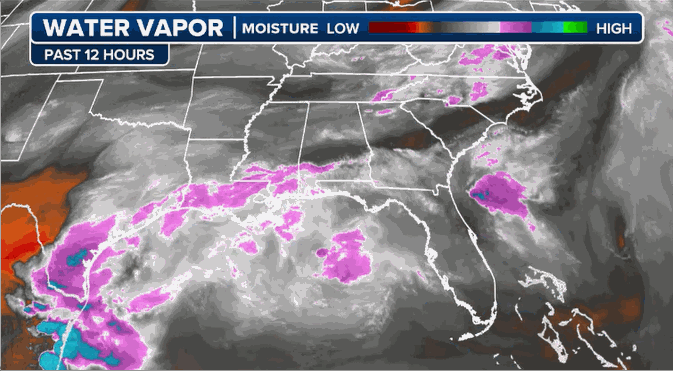What to Expect from New Orleans Weather: Trends and Safety Tips
New Orleans weather is as vibrant and dynamic as the city itself. Known for its rich culture and lively atmosphere, New Orleans often faces unpredictable weather patterns. From sweltering heat to sudden storms, understanding what to expect helps both locals and visitors stay safe and comfortable.

Current New Orleans Weather Patterns
Recent weeks have seen significant changes in New Orleans weather. Heavy rains and tropical moisture have made flooding a real concern. The FOX Forecast Center highlights the extent of the issue, noting that dew points have reached a sticky 72 degrees, leading to frequent downpours and low visibility (full story on AOL). This tropical moisture is not just a one-time event. Meteorologists expect rainy conditions to continue into next week, with the Gulf Coast absorbing much of the storm activity.
Flood Risks in New Orleans and the Gulf Coast
Flash flood watches are common, especially in spring and early summer. For example, severe thunderstorms and heavy rain have prompted the National Weather Service to issue flood watches in Louisiana and nearby states (USA TODAY coverage). Low-lying neighborhoods and poor drainage areas are particularly at risk.
The risk from these events is not just from rainfall. An ongoing “omega block” pattern has stalled weather systems, prolonging rainfall and increasing the likelihood of flooding. Floodwaters can rise quickly, making it critical to monitor alerts and respond swiftly to warnings.
Preparing for Severe Storms and Flash Floods
Preparation is the best defense against volatile New Orleans weather. Some practical tips include:
- Stay updated: Tune in to local weather reports and monitor apps for real-time alerts.
- Have a plan: Know evacuation routes and identify higher ground in advance.
- Protect property: Ensure drains are clear and secure outdoor furniture before storms.
- Drive carefully: Never drive through flooded streets. Water levels can be deceiving.
Travelers should also check airport updates, as severe weather can impact flights, especially during heavy rain and storms (AOL’s full report).
The Long-Term Outlook for New Orleans Weather
While short-term hazards are a concern, there are some benefits to the recent rainfall. Parts of the Southeast have faced drought conditions, so the arrival of heavy rain can provide much-needed relief. However, the balance is delicate. Too much rain in a short time can overwhelm the drainage systems designed to manage typical seasonal overflow.
Meteorologists expect new weather patterns to develop as the omega block shifts and storm systems gradually move east. This change could lead to more variable conditions—a mix of sunny days, heavy showers, and the occasional risk of severe weather.
Conclusion: Staying Safe and Informed
New Orleans weather changes rapidly and can impact travel, outdoor plans, and daily routines. Staying informed through trusted sources such as USA TODAY and the FOX Forecast Center is essential. Practice basic precautions during flood watches and storms, and be mindful of evolving forecasts.
Whether you call New Orleans home or are planning a visit, understanding local weather trends can help you make the most of this vibrant city—rain or shine.